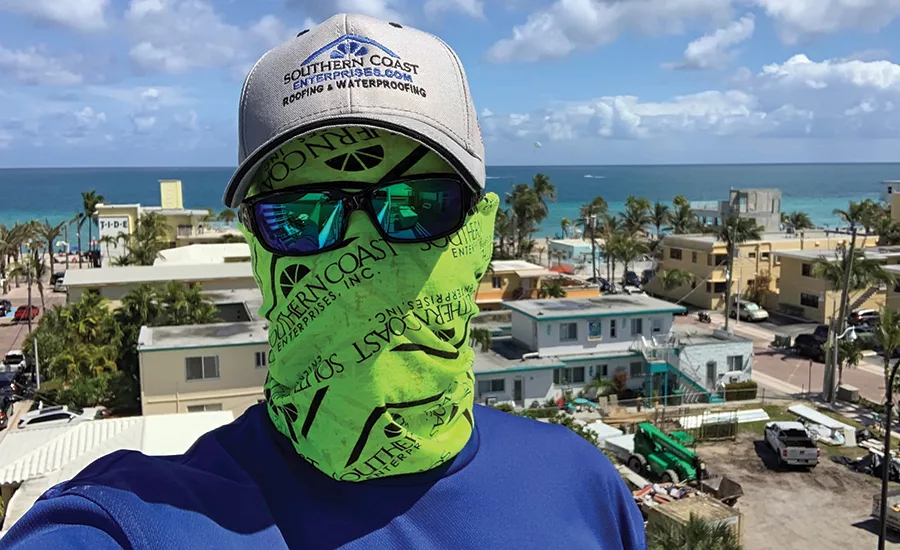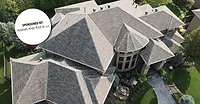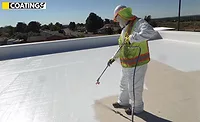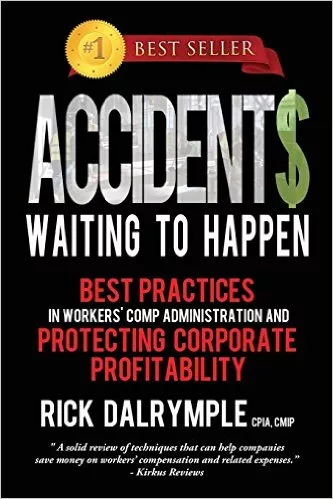Roofing Contractors Keep Working in Peak Season Despite Sharp Spikes in Temperature, COVID-19

A roofing contractor with Southern Coast Enterprises in Florida shows off their custom face mask while working. Florida is one of many states to suffer from both high temperatures and spikes in COVID-19 cases. Photo courtesy of Southern Coast Enterprises.

RoofCARE of New Mexico showed off its commitment to safety and quality in announcing it received GAF’s President’s Club award, System Protection Excellence Award, and Diamond Quality Installation award. Photo courtesy of RoofCARE.
Roofing contractors looking for any semblance of a “normal” summer season just can’t seem to catch a break. Just as they geared up for a busy summer after a spring slowdown spurred by the coronavirus outbreak, spikes in the potentially-deadly disease threatened a second wave of shutdowns in states with robust construction markets.
Almost half of the country was adding cases at rates above their spring peaks by mid-July, including Alaska, Arizona, California, Georgia, Nevada and Texas. As of Aug. 10, the U.S. saw roughly 5 million cases — adding 54,590 cases from the previous day — and 161,284 deaths. In Florida alone, health officials reported the highest daily increase of COVID-19 deaths, seeing 9,194 new cases and 132 more deaths as of July 14.
Along with those increases, roofers also dealt with record heat. Triple digits were not uncommon in parts of the Deep South and Southwest, and high humidity in many areas made it worse. At one point last month, more than 70 million Americans from the shores of the Gulf Coast to the hills of the Mid-Atlantic were under excessive heat advisories. August is also shaping up to be hotter than average on both coasts.
When protecting workers during high heat, the Occupational Safety and Health Administration (OSHA) suggests the following:
• Water, rest, shade. Workers should drink water every 15 minutes and take frequent rest breaks in shaded or air-conditioned areas.
• Check the heat index. A rule of thumb is that workers need extra protection when the heat index is 80 degrees Fahrenheit or above.
• Know the symptoms. Symptoms of heat-related illnesses include fatigue, thirst, heavy sweating, slurred speech, dizziness, nausea, unconsciousness and seizures.
Heat vs. COVID-19 Protection
The issue many roofing contractors are running into stems from trying to adhere to standard heat protocols while protecting against COVID-19 with face masks. In some states, wearing a mask is mandatory to help prevent the spread of the virus. Mandatory face coverings can be anything from a bandana to a cloth mask, though contractors can also utilize personal protective equipment (PPE) like N95 masks and respirators.
Studies have shown that, even when wearing PPE, people experienced raised body temperatures and feel warmer.
“You can’t really make the guys that are working on the roof wear masks because it’s so hot outside, and they’re drenched in sweat and they’re already breathing hard,” said Will Miller, owner of Priority Roofing in Dallas. “It’s like putting a mask on a marathon runner — that can make them pass out more than anything.”
COVID-19 is also hampering water intake, as contractors hesitate to frequently remove face masks to take a drink. Some employers are even eliminating communal aspects like water stations to maintain social distancing.
This puts contractors in a tough bind, forcing them to choose between protecting against the heat versus COVID-19. Trent Cotney, CEO of Cotney Construction Law, said his offices have experienced a notable increase in calls related to heat illness over the past month. He’s recommending roofers do their best to be compliant with COVID-19 safety protocols, but definitely mandate water breaks.
“Heat is an absolute killer,” he said. “What we surmised… is that these places that require mandatory masks, there’s a lot of crew people that are wearing these masks, and they may not be the proper types of masks, they may not be breathable. They’re increasing the ambient heat that is blowing back in your face.”
Contractors Supporting Their Communities
Despite these difficulties, roofing contractors are thinking outside of the box, both in business practices and in giving back to their communities.
Shamrock Roofing and Construction in Lenexa, Kan., expanded its “Roof 4 a Hero” contest to active first responders, meaning police, fire, EMT or healthcare workers could be entered to win a free roof.
“This year, given the COVID-19 pandemic, we have opened this opportunity up to first responders, who now more than ever are putting their lives on the line every day to serve our communities,” said Garen Armstrong, president of Shamrock Roofing.
In Warren, Maine, Horch Roofing dedicated $200 from every residential asphalt or metal roofing contract signed in June and July to the Good Shepherd Food Bank to bring food security to families. They hit and exceeded their $10,000 goal in July.
“We believe strongly in working with local organizations to end hunger and with the need growing daily, we felt that Good Shepherd, with its reach across the state, was the best way to get food to where it is needed the most,” said Horch President Peter Horch.
Looking for a reprint of this article?
From high-res PDFs to custom plaques, order your copy today!









